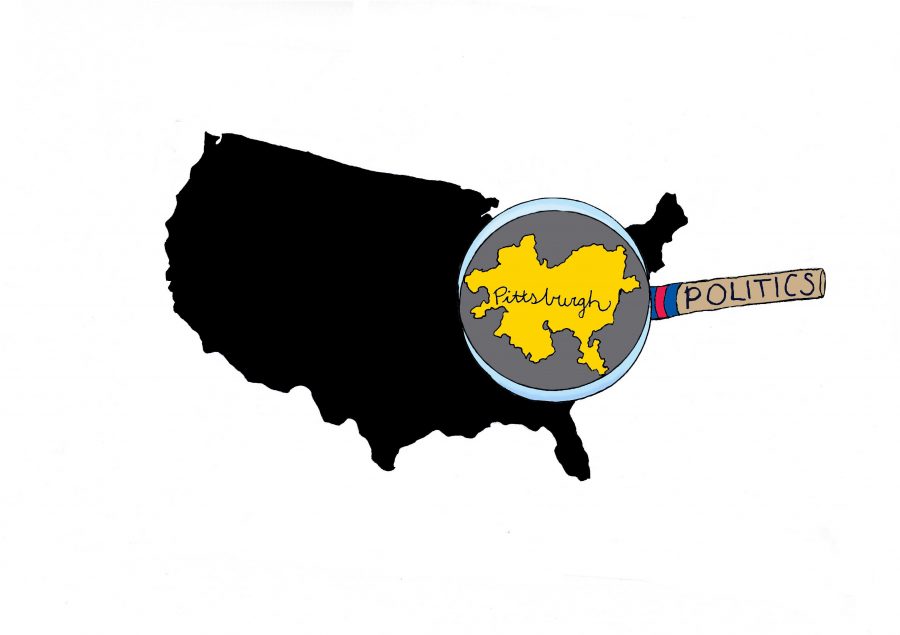On Election Day, people across the country will step into voting booths and choose between a set of presidential candidates they have been hearing and talking about for months, if not years. At the same time, many voters will be left staring blankly at the names of local politicians beneath these national candidates.
While it’s easy to get caught up in the drama of national politics, it is equally easy to forget that national elections are not the only elections of importance. Local politics matter just as much as national politics, if not more.
I’ve been guilty of overlooking them, and I’m not alone.
Though our national election participation is nothing to brag about — 33.9 percent in 2014 — our local election voter participation is even worse. According to a study conducted by the University of Wisconsin in 2011, only 21 percent of eligible voters participated in local elections. If local politics have such an impact on our lives, why do we continue to dedicate all of our political energy and focus toward national politics, stopping by local elections as an afterthought?
Local politics, ranging from the state to municipal level, determine much of our daily political realities. Its reach includes oversight of the police force, school board elections, road repairs and license agreements or obtainments. Meanwhile, state legislation determines policy on crucial issues such as gun control, abortion, minimum wage and voting ID policies.
State budgets are the keystone to local politics, as they set state fund allocations and local taxes. These two issues are at the core of the 2016 budget stalemate between Pennsylvania Gov. Tom Wolf and the GOP-controlled state legislature over how to increase local taxes.
The budget will raise taxes one of two ways. Republicans have agreed to an increase in the state sales tax, which disproportionately affects low-income families. Meanwhile, the governor and other democrats are fighting for an increase in state personal income tax, which is based on wealth redistribution and places the tax burden on those who can afford to pay it.
The state executive and legislative branches are similarly at odds over funding for education. The governor’s budget aims to reinvest in our public education system, from preschools to universities. Yet, the GOP has rejected this budget, proposing instead a budget that leaves our public education underfunded by $95 million, according to Wolf’s office. Politicians make these decisions, which will determine the quality of our education — and, for college students, its price — not in Washington, but Harrisburg.
Despite feeling as though I have my ear to the ground regarding national politics, the state budget wasn’t even on my mind until recently. How can I be so interested in politics, yet so out of touch with the level that affects me the most? How could I let my ignorance render me unaware of legislation that could impact my own college tuition?
I was similarly caught off guard by the historic state Supreme Court election last November, where, for the first time, candidates campaigned for three supreme court justice seats. This Supreme Court election was especially important as the court determines state redistricting and has recently made several landmark decisions. These include ending restrictive voter ID laws in 2014 and pushing back against controversial gun legislation in June.
The influence of local politics extends outside of its direct impact on our lives. According to Paul Sonn, the legal co-director of the National Employment Law Project, cities have become “policy incubators.” Because cities are more likely to lean left and can be swayed by a concerted push by activists, they are an ideal location to try out legislation and work out its kinks.
We saw this with the paid sick day movement, which spread city from to city and reached Pittsburgh this summer, though an Allegheny County judge recently struck down the legislation. The Fight for $15 movement’s trajectory has mirrored this pattern, as major cities like New York City and Los Angeles have been the first to raise the minimum wage to $15.
In the midst of the presidential frenzy, we must remember to take care of our own backyards, too.
Alyssa primarily writes on social justice and political issues for The Pitt News.
Write to her at aal43@pitt.edu


